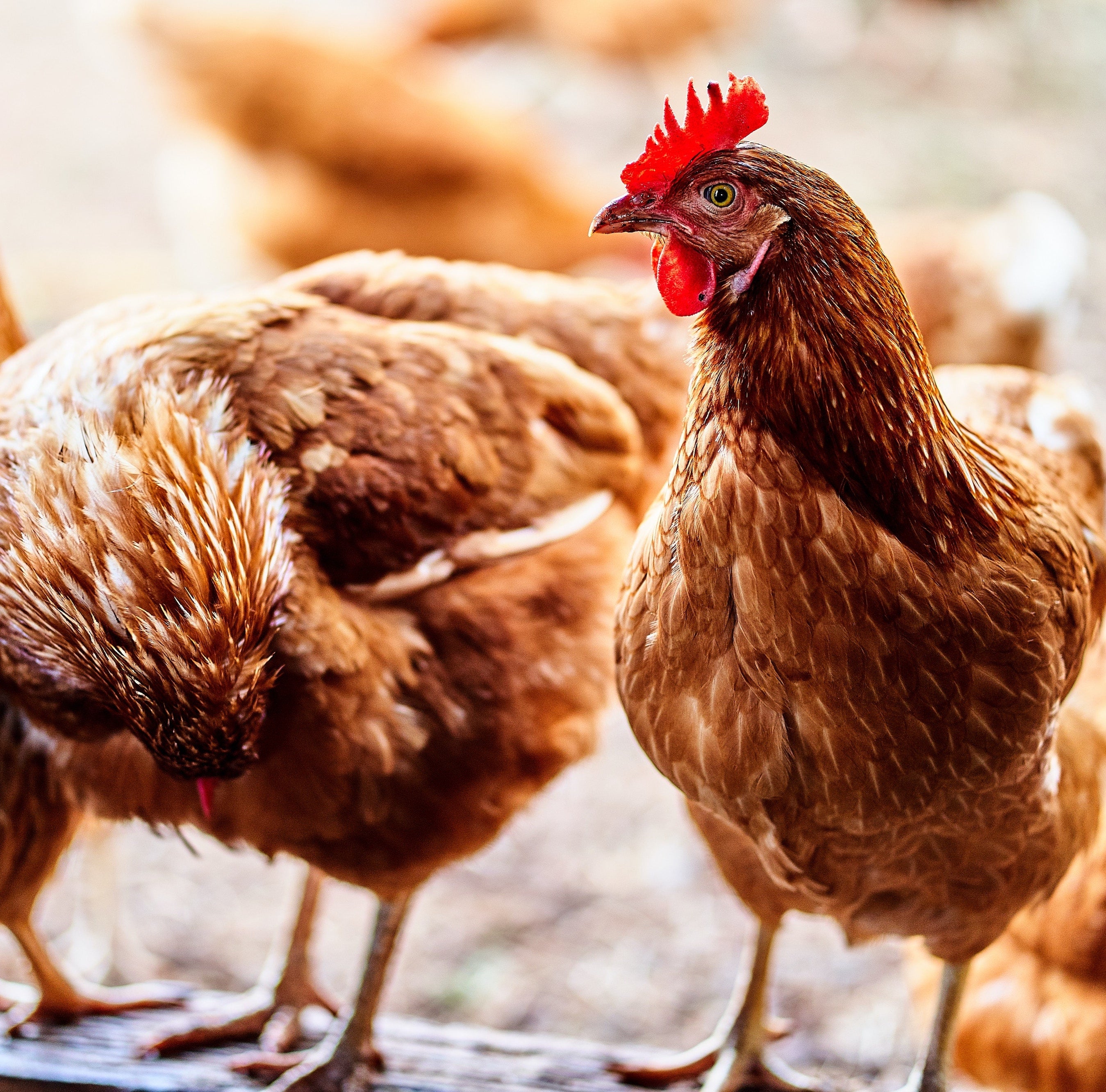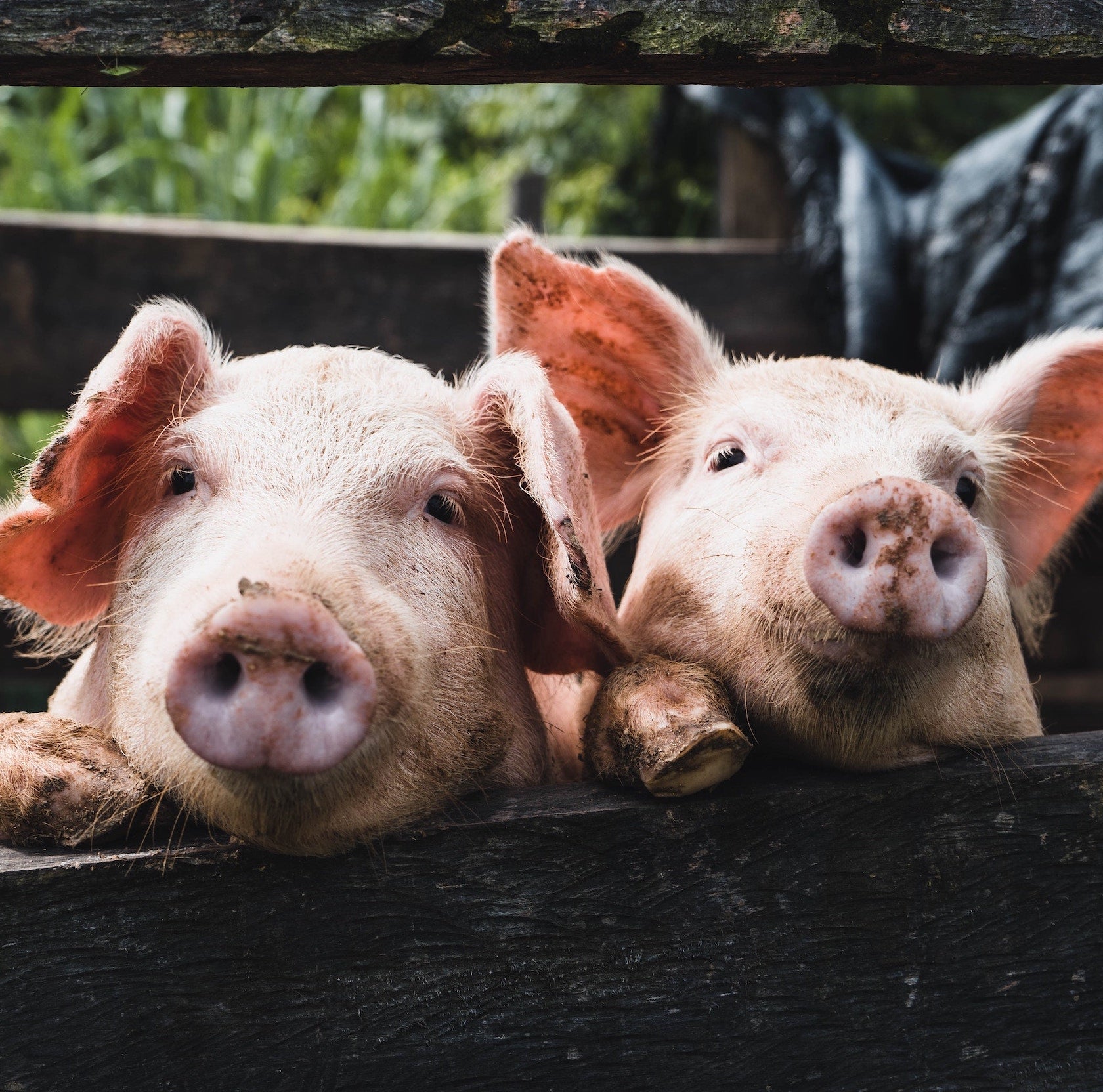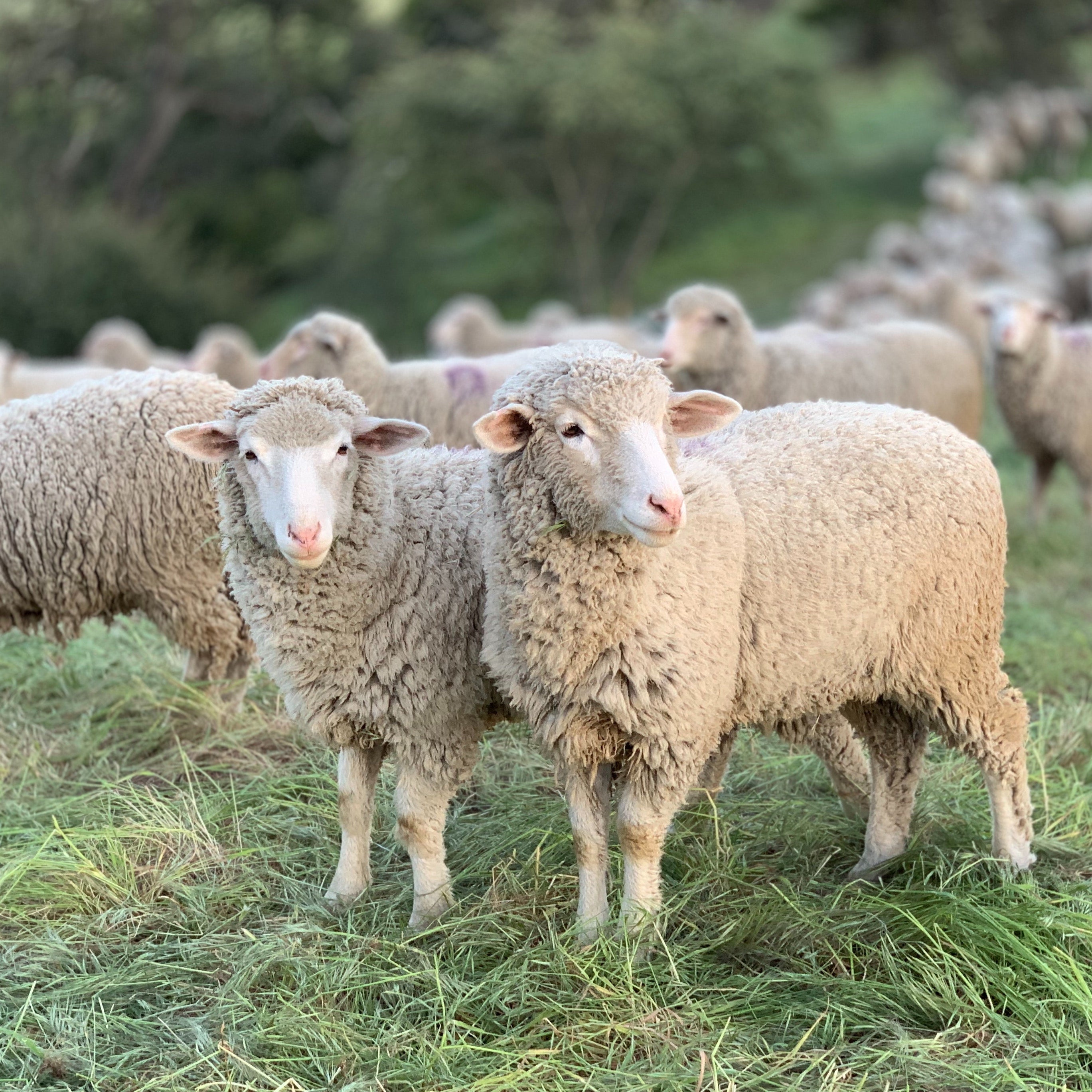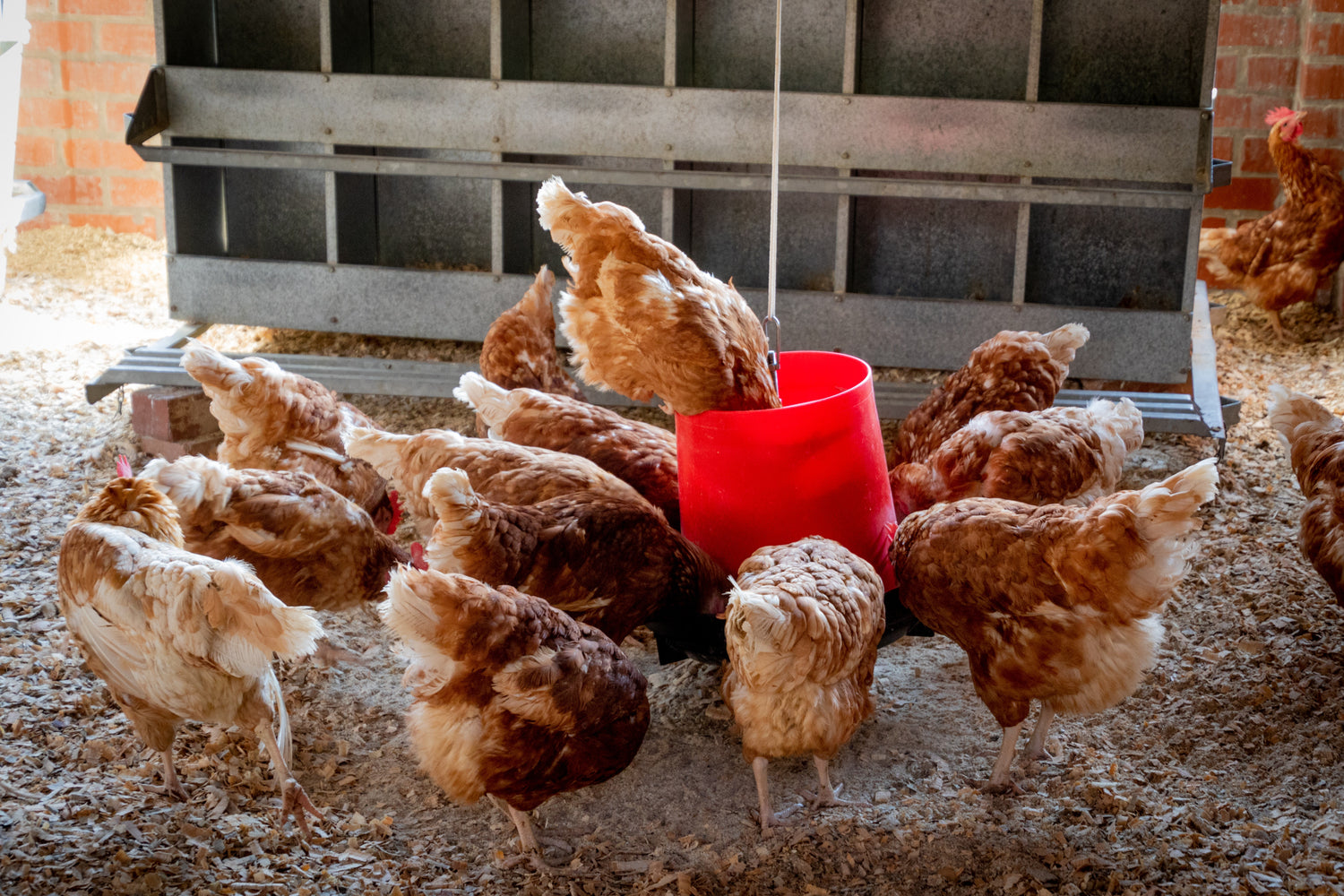The Importance of Organic and Soy-Free Feeds
Nourishing Your Livestock with Quality Ingredients
When it comes to raising healthy and thriving livestock, the quality of their diet plays a vital role. That's why more and more farmers are turning to organic and soy-free feeds as the cornerstone of their feeding programs. These feeds are carefully crafted to provide optimal nutrition while prioritizing the well-being of animals and the environment. By opting for organic and soy-free feeds, farmers can ensure that their livestock receive superior nourishment without exposure to harmful chemicals or genetically modified organisms (GMOs).
Organic feeds are made from ingredients grown using natural methods that avoid synthetic pesticides, herbicides, and fertilizers. They are certified by reputable organizations, such as the Northeast Organic Farming Association (NOFA), ensuring their adherence to strict organic standards. Similarly, soy-free feeds offer an alternative for farmers looking to avoid soy-based ingredients due to dietary restrictions or sustainability concerns. By choosing these feeds, farmers can take a proactive approach to promoting animal health and supporting sustainable agricultural practices.
Organic and soy-free feeds not only provide essential nutrients but also contribute to the overall well-being of livestock. These feeds are formulated to support healthy growth, improve immune function, and enhance digestive health. The absence of harmful chemicals and potential allergens can reduce the risk of adverse reactions and promote optimal performance. Additionally, organic and soy-free feeds support environmental sustainability by reducing reliance on synthetic inputs and minimizing the ecological impact of farming practices.
Advantages for Different Livestock Species
Tailored Nutrition for Poultry and Livestock
Poultry farmers raising chickens and turkeys can greatly benefit from organic and soy-free feeds. These feeds are designed to meet the specific nutritional needs of these birds, promoting optimal growth, feather development, and egg production. By choosing organic and soy-free feeds for their flocks, farmers can offer their customers poultry products free from potentially harmful residues and allergens.
Cattle, goat, and sheep farmers also recognize the value of organic and soy-free feeds in supporting the health and productivity of their herds. These feeds provide a balanced blend of essential nutrients, promoting proper rumen function, muscle development, and reproductive performance. Moreover, by opting for organic and soy-free feeds, farmers can meet the increasing demand for ethically and sustainably raised meat, milk, and wool.
Hogs, too, can benefit from organic and soy-free feeds. These feeds support the growth and well-being of pigs, providing them with a wholesome diet that enhances muscle development, supports immune function, and improves overall carcass quality. By feeding hogs with organic and soy-free feeds, farmers can produce pork products that appeal to health-conscious consumers seeking ethically sourced and environmentally friendly options.
Embracing a Sustainable Future
Protecting the Environment and Promoting Sustainable Farming
Choosing organic and soy-free feeds goes beyond the immediate benefits to livestock health; it also contributes to the long-term sustainability of our agricultural systems. By reducing reliance on synthetic inputs and genetically modified crops, farmers can play a crucial role in protecting soil health, conserving biodiversity, and minimizing the impact on water resources. Organic and soy-free feeds align with a holistic approach to farming that prioritizes the health of the land and its ecosystems.




Leave a comment
This site is protected by reCAPTCHA and the Google Privacy Policy and Terms of Service apply.